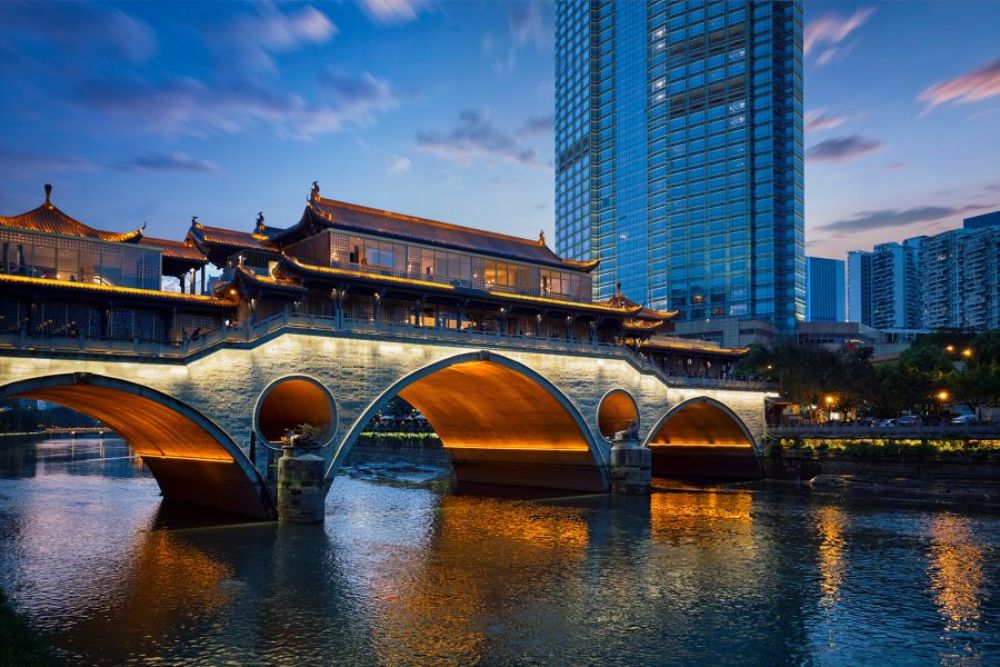

Known for its rich cultural heritage and vibrant gaming scene, Macao, a Special Administrative Region of China, has a long history of tourism that dates back to the 16th century. Macao's tourism industry has evolved significantly over time, with different phases marked by colonial influences, cultural exchanges, and economic developments.
The advent of Macao's tourism can be traced back to the arrival of Portuguese traders and missionaries in the mid-1500s. These European settlers transformed Macao into a significant trading port, bridging the East and West. As a result, Macao became a melting pot of cultures and this unique blend of Chinese and Portuguese influences began to draw the curiosity of international visitors. The region's reputation as a place where Eastern and Western cultures coalesced made it an attractive destination for those interested in cultural and historical exploration.
In the 20th century, Macao saw the birth of modern tourism, with the establishment of various hotel-casinos and infrastructure developments designed to boost tourism. In 1962, the Macao government granted a monopoly franchise to the Sociedade de Turismo e Diversões de Macau (STDM), which led to the official entry of the gaming industry in Macao's tourism. This was a turning point, making Macao a regional hub for entertainment and gambling tourism, attracting visitors from Hong Kong and neighboring countries.
The handover of Macao from Portugal to China in 1999 marked another milestone, leading to a surge in tourism development. The recognition of the Historic Centre of Macao as a UNESCO World Heritage site in 2005 further enhanced its cultural significance. The liberalization of the gaming industry in 2002 with the entry of international casino operators brought about an unprecedented boom in tourism. World-class integrated resorts, complete with luxury hotels, entertainment shows, and retail outlets, transformed Macao into a top global gaming destination.
In recent years, Macao has been focusing on diversifying its tourism portfolio, promoting itself as a destination for leisure and cultural tourism alongside gaming. Efforts to enhance family-friendly attractions, cultural festivals, and international events are evident. The region has increasingly marketed its unique heritage, gastronomy, and community events to appeal to a broader spectrum of tourists. Moreover, the Macao government has invested in improving infrastructure, such as the Hong Kong-Zhuhai-Macao Bridge, to facilitate easier access for tourists.
Looking towards the future, Macao is keen on developing sustainable tourism practices. This includes preserving its historical districts, limiting environmental impacts, and ensuring that tourism growth does not overwhelm local communities. The latest trends indicate a push towards a more balanced tourism landscape, where the economy benefits from a mix of gaming, cultural experiences, and international business conferences.
As Macao navigates the challenges of a post-pandemic world, it continues to reinvent its tourism industry, prioritizing innovation and resilience in its strategy to remain a dynamic and sought-after travel destination in Asia.